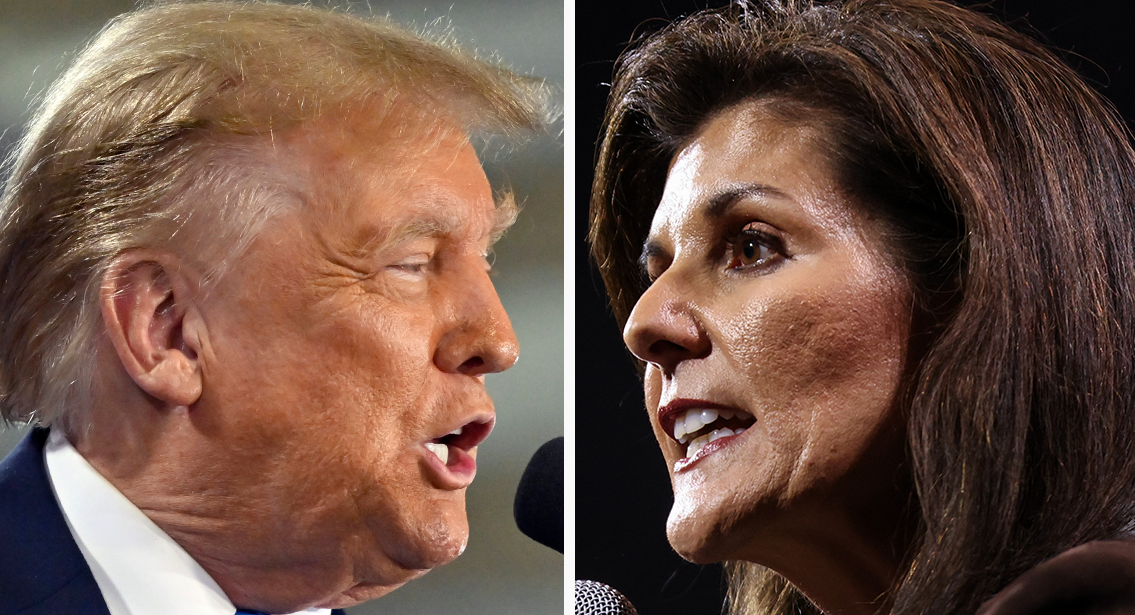The tagline makes the solution sound so simple: "Gamble responsibly."
It's anything but for those who struggle with compulsive gambling. Instead, the footnote caps a powerful new temptation as ads for sports betting emerge in states that have recently legalized an activity once banned in most of the United States.
Sharon, a 39-year-old homemaker, decided with her husband to move from New Jersey to New York specifically to get away from legalized sports betting, but still sees ads frequently that remind her of the tens of thousands of dollars in debt she racked up on a wagering app.
Charlie, an information technology professional from suburban Philadelphia, says the advertisements and easy access makes wagering "tempting as hell," even as his losses mounted to $400,000 as he bet online while traveling on service calls.
They've complicated addiction recovery for Gary, a real estate agent from New Jersey who attends support group meetings and has lost nearly $2 million over a lifetime of gambling.
"It seems like every fourth commercial, there's one telling you how easy it is to bet on sports and make money," said Gary, who like other gamblers spoke to The Associated Press on condition that his full name not be used because of stigmas some people associate with unhealthy gambling.
"It's right in front of my eyes, and even though I've been in recovery for years and go regularly to Gamblers Anonymous meetings, it's starting to bother me," he said. "I can feel it."
Local
Breaking news and the stories that matter to your neighborhood.
Advertising supporting the nascent sports betting industry has not drawn the same level of scrutiny from regulators and lawmakers in the U.S. as counterparts in Europe, where several countries strictly regulate or even ban gambling ads, including those for sports betting.
One year after the U.S. Supreme Court ended a virtual monopoly in Nevada, eight states have begun taking legal sports wagers. Three states and the District of Columbia have passed laws to create new markets and a handful of legislatures are still considering bills. None of the laws passed has significant restrictions for sports betting ads.
The commercial casino industry wants to keep it that way. The American Gaming Association, the gambling industry's main trade group and lobbying arm, recently issued voluntary guidelines for sports betting advertising in a bid to stay ahead of possible government regulation.
Those who struggle with gambling find ads touting Super Bowl or March Madness wagers similar to beer ads tempting those with alcoholism, or fast food ads enticing those with unhealthy eating habits. Though a hurdle for some, the ads are an understandable facet of expanded betting with sportsbooks chasing new customers to bet legally and leisurely, just like millions of people who visit casinos, buy lottery tickets or drink and eat without harmful consequences.
"There's not one commercial break it seems where you don't see one of these ads. As much as I tried to stop, there are all these incentives: a $500 free bet, we'll refund your first bet even if you lose. They're everywhere I look," said Sharon, who lives in a New York TV market that's a key target for advertisers of New Jersey sportsbooks. "It's a constant reminder of my problem. There's still this incredible temptation that these ads make worse."
Keith Whyte, executive director of the National Council on Problem Gambling, thinks the details of gambling ads haven't been explored enough.
"In the U.S., if you say, 'Gamble responsibly,' you've now met the responsible gambling standard," Whyte said. "It's going to be a big issue. There's heightened concern for people struggling with gambling addiction and relapse. And I don't see a lot of discussion about this."
Major sportsbooks all say they train their workers to spot people with potential gambling problems, offering various solutions including self-imposed betting "timeouts" for those who want them. In New Jersey, some money from licensing fees for sports betting fund compulsive gambling treatment programs, and ads are required by state law to mention a 1-800-GAMBLER telephone help line. Regulations in other states are relatively similar.
European regulators are using a heavier hand. In 2018, Italy banned all gambling advertising, Sweden is considering similar restrictions, and in Belgium, online casinos will be banned from advertising on television. England plans to ban all gambling-related ads during live sports starting in August.
In the U.S., leagues generally have had a hand in the content of their advertising; not long ago the NFL even stopped ads for Las Vegas casinos from airing nationally during the Super Bowl.
Scott Kaufman-Ross, head of fantasy and gaming for the NBA, said advertising for sports betting is OK "if a fan is interested in betting and they want to bet. But if they're not interested, or if they're a problem gambler, they should not have it thrown in their face."
Charlie, the IT professional, said gambling is often easier than drinking alcohol when he finds himself alone in hotels with nothing to do.
"Imagine being an alcoholic sitting home on your couch and there's no beer in the house, and then there's this app that you can press and magically a beer appears," he said. "That's the kind of access that's out there now and it's tempting as hell. It's really, really hard to maintain your recovery and not bet again. Everywhere you look, someone's urging you to gamble."



